
Elon Musk Owes His Success to Coming in Second (and Government Handouts)
The world’s richest man, Elon Musk, owes his superstar success to self-satisfied competitors who blew obvious opportunities

Elon Musk Owes His Success to Coming in Second (and Government Handouts)
The world’s richest man, Elon Musk, owes his superstar success to self-satisfied competitors who blew obvious opportunities

Buy Experiences instead of Possessions to Build Social Connection
Shared experiences, more than material things, bring people together

Read all the stories you want.
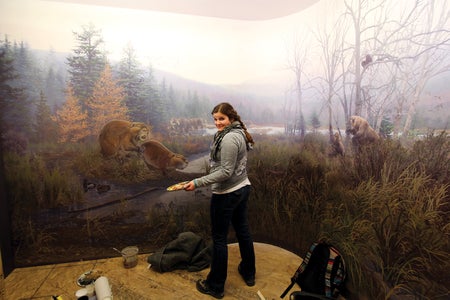
Contributors to Scientific American’s September 2024 Issue
Writers, artists, photographers and researchers share the stories behind the stories
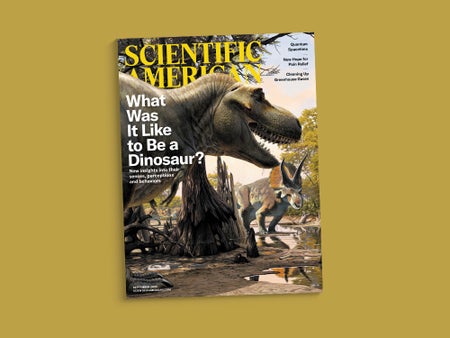
New Insights on Dinosaurs, Pain and Carbon Capture
How we’ll learn more about dark matter, quantum gravity and substitutes for lab animals
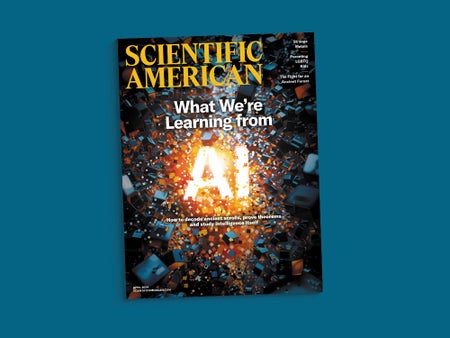
Readers Respond to the April 2024 Issue
Letters to the editors for the April 2024 issue of Scientific American
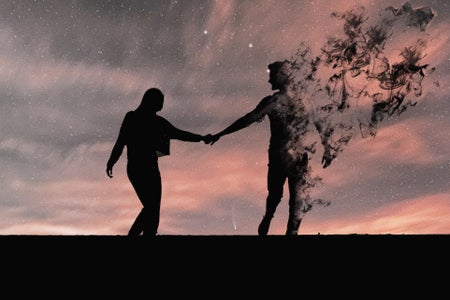
Parasocial Relationships Can Tell Us a Lot about the Social Brain
People can form surprisingly strong bonds with others—even when that tie is one-sided
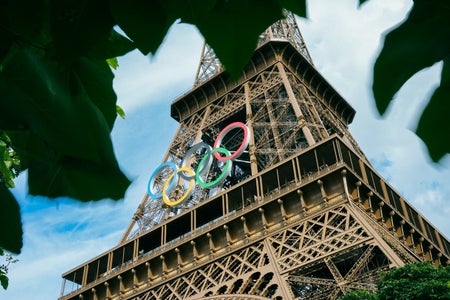
The Paris Olympics Are a Lesson in Greenwashing
The Olympics are a sustainability nightmare, and Paris, despite its efforts, is no exception
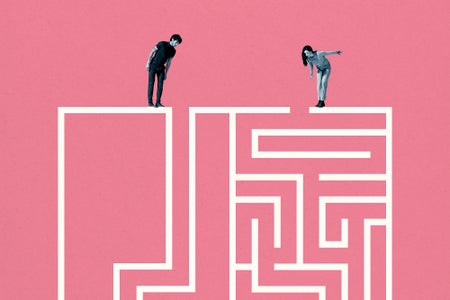
Find the Perfect Game to Play with This Interactive Quiz
From board games to solo puzzles to fantastical escapes to tricks for running faster, find a game for every mood

How Baseball Got Faster but Riskier
Baseball pitchers are throwing faster than ever—and needing Tommy John surgery
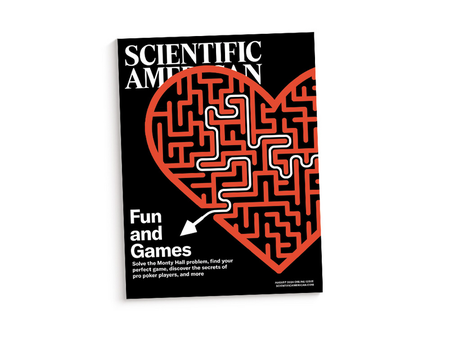
Games Rule the World—And Always Have
Why we’re fascinated by solving mind-bending puzzles, pitching faster fastballs, embodying new characters, playing ancient games, and much more
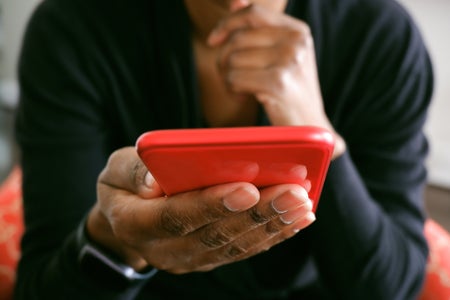
How to Reconnect with Old Friends Who Have Become Strangers
People are reluctant to reach out to friends they have lost touch with—but both sides are gratified when they reconnect
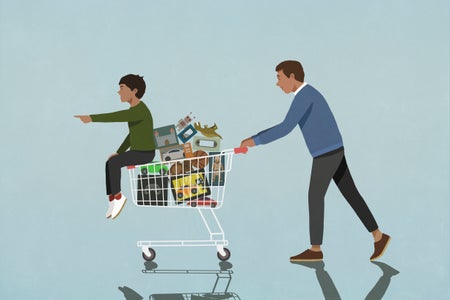
We Indulged Our Child During COVID Lockdown. Did That Change Him?
During the lockdown phase of the COVID pandemic, we indulged our toddler son. Years later, we wonder if his current behavior is normal or a result of that early isolation